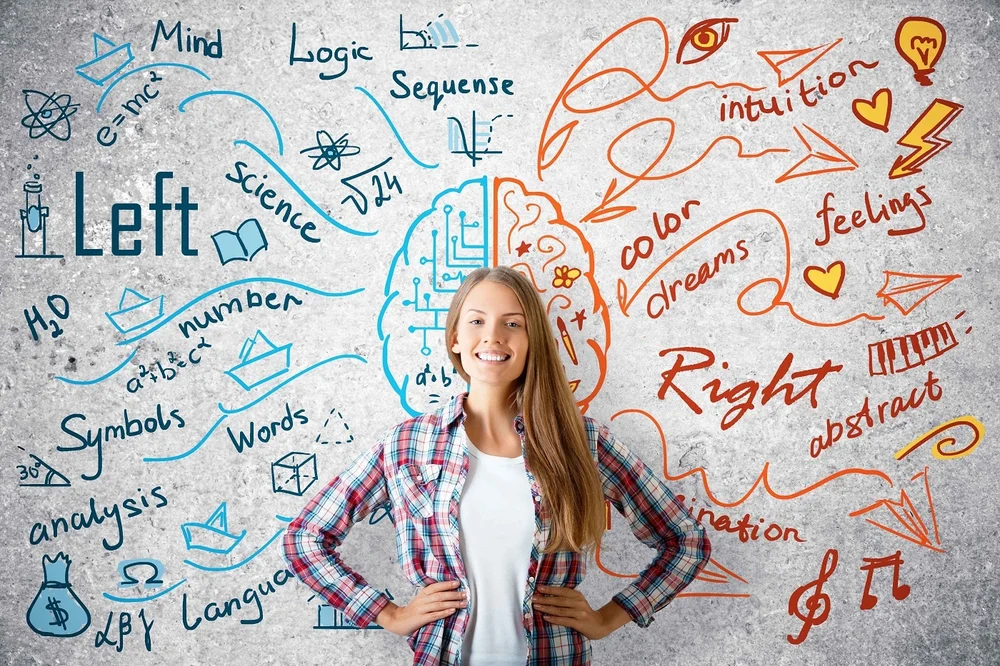10 Communication Tips for Couples: How to Have a Healthy Relationship
Unlike polar bears, humans require social interaction to stay healthy. We have a fundamental need to belong that’s just as essential as our need for food and water.
Positive social connections help us live longer. Studies have shown that being in positive, warm, satisfying relationships can help keep our brains and bodies healthy into older age.
Unfortunately, many factors can put our relationships at risk. Emotional crises, excessive stress, and destructive behaviors can all threaten a relationship. One of the most common relationship disruptors is communication.
Clear Communication
Poor communication is at the core of many relationship problems. Jumping to conclusions, trying to read minds, and needing to be right are only a few traits that can cause a breakdown in communication.
Too often in relationships, we have expectations and hopes that we never explicitly communicate to others. We assume they should know what we need and become frustrated when they don’t accurately interpret our unspoken requests. Clear communication is essential if relationships are to be mutually satisfying.
Here are ten common communication challenges and tips for how to improve your relationships…
10 Communication Breakdowns and How to Fix Them

1. Poor Attitude
You expect the conversation to go nowhere, and don’t even try to steer it in a positive direction. Negative assumptions about others can feed into this poor attitude. Keeping an open mind can help improve your attitude and relationship with others.
2. Unclear Expectations
Do you expect people to guess what you want? It’s great when others can anticipate your needs, but most people are too busy to be able to do it effectively. That doesn’t make them good or bad; it simply means it’s important to speak up about what you need.
3. Body Language
Body language is critical because it sends both conscious and unconscious messages. When you fail to make eye contact or acknowledge others with facial expressions or body gestures, they can begin to feel lost, alone, and unenthusiastic about continuing the conversation. Eye contact and physical acknowledgment are fundamental to good communication.
4. Bad Timing
Distractions frequently sabotage communication. For example, it usually isn’t a good idea to initiate an important conversation with someone when they’re wrapped up in the drama of a playoff game on TV. Shutting out distractions can help improve your communications.
5. Unclear Signals
You might assume that you’re sending clear messages to the other person when, in fact, what he or she understands is completely different from what you meant. Getting feedback is vital to establishing and maintaining clear lines of communication.
6. Kitchen Sink-ing
When people feel backed into a corner, they may bring up unrelated issues from the past in order to protect themselves or intensify a disagreement. Sticking to the main point can help ensure that the problem is fully discussed and resolved.
7. Mind Reading
You arbitrarily predict what another person is thinking and then react to that imagined information. Mind reading is often just a projection of what you think. Asking for clarification is essential to good communication.
8. Needing to be Right
When a person has to be right in a conversation, there is no communication, only a one-sided debate. Needing to be right destroys effective communication.
9. Critical Speech
Using put-downs or sarcasm to discredit someone else’s ideas erodes meaningful dialogue and sets up distance in relationships. Instead of saying something negative or critical try your best to say something positive and constructive. Many times, this approach will result in a win/win for you and the other person.
10. Forgetting to Follow-up
Often it takes repeated efforts to get what you need, but it’s very important not to give up on communication. When you stop asking for what you need, you often silently resent the other person, which subverts the relationship. Persistence will help you get what you need.
Relating to others in healthy, effective ways is ultimately a brain-based skill. Knowing your brain type can help you better understand who you are and why you do what you do. These insights can potentially impact your relationships in significant ways.
Changing your brain can help improve your relationships. When your brain works right, you can perceive others more accurately, have good control over your emotions, and act in positive and appropriate ways that will bring people closer to you. As you protect and nurture your brain, all your relationships are likely to improve.
Bottom line: don’t be like the polar bear. Be intentional about strengthening your relationships today.
At BrainMD, we’re dedicated to providing the highest purity nutrients to improve your brain and overall well-being. For more information about our full list of supplements, please visit us at BrainMD.
- This Is What You Need to Know About HBOT
Medically Reviewed by Dr. Nicole Avena - April 22, 2024 - Hormone Changes in Men: How to Know If You Have Low Testosterone! - April 15, 2024
- This Is What You Need to Know About EMDR Therapy! - April 11, 2024




I don’t have communication skills, the reason I can’t communicate with my partner well. That’s why I face many problems in my healthy relationship. But after reading your article, my problem is reducing. Thank you so much for solving my problem.